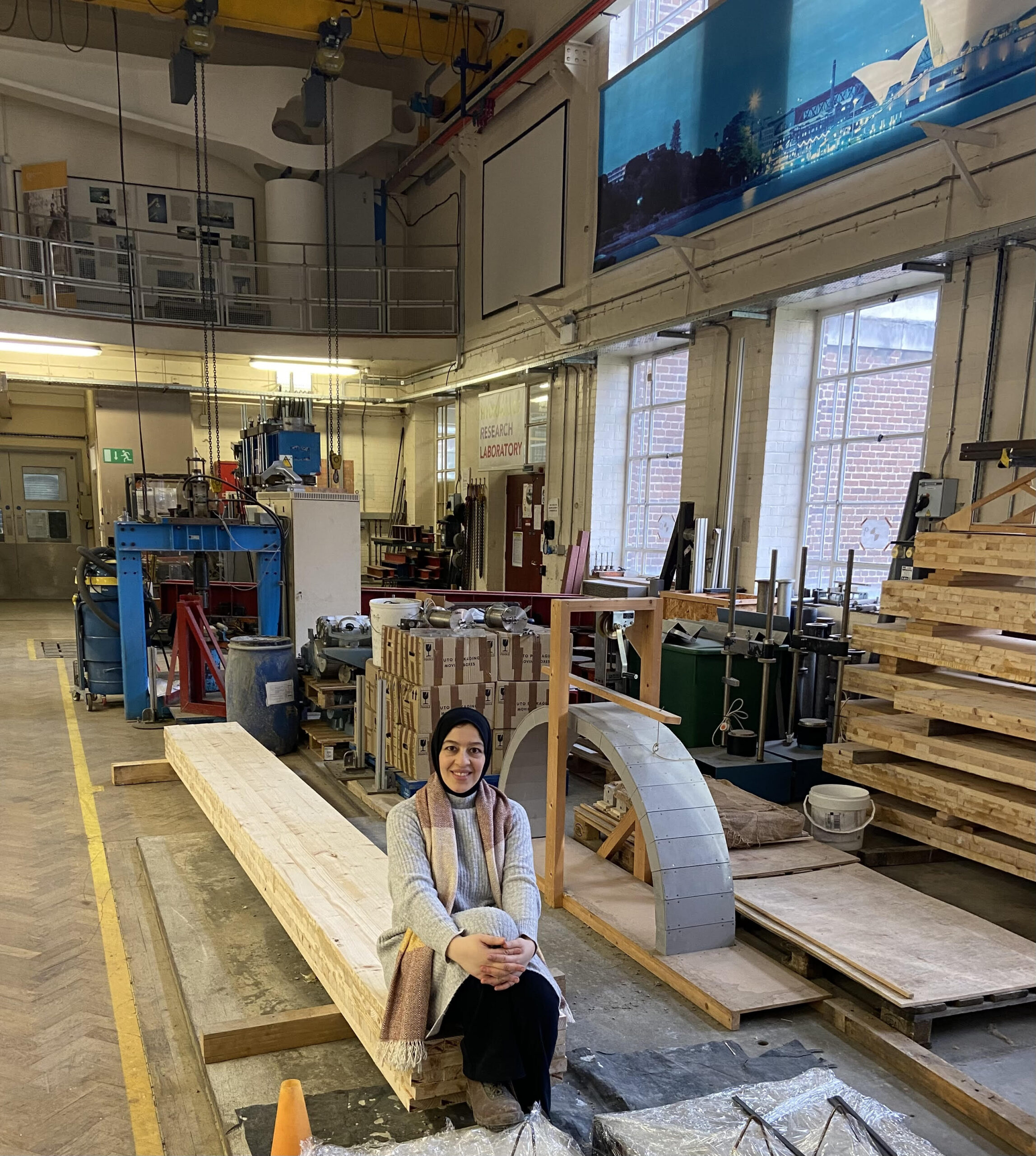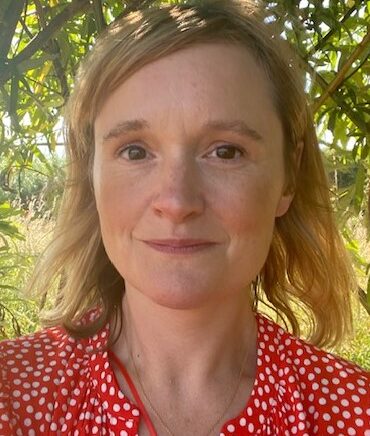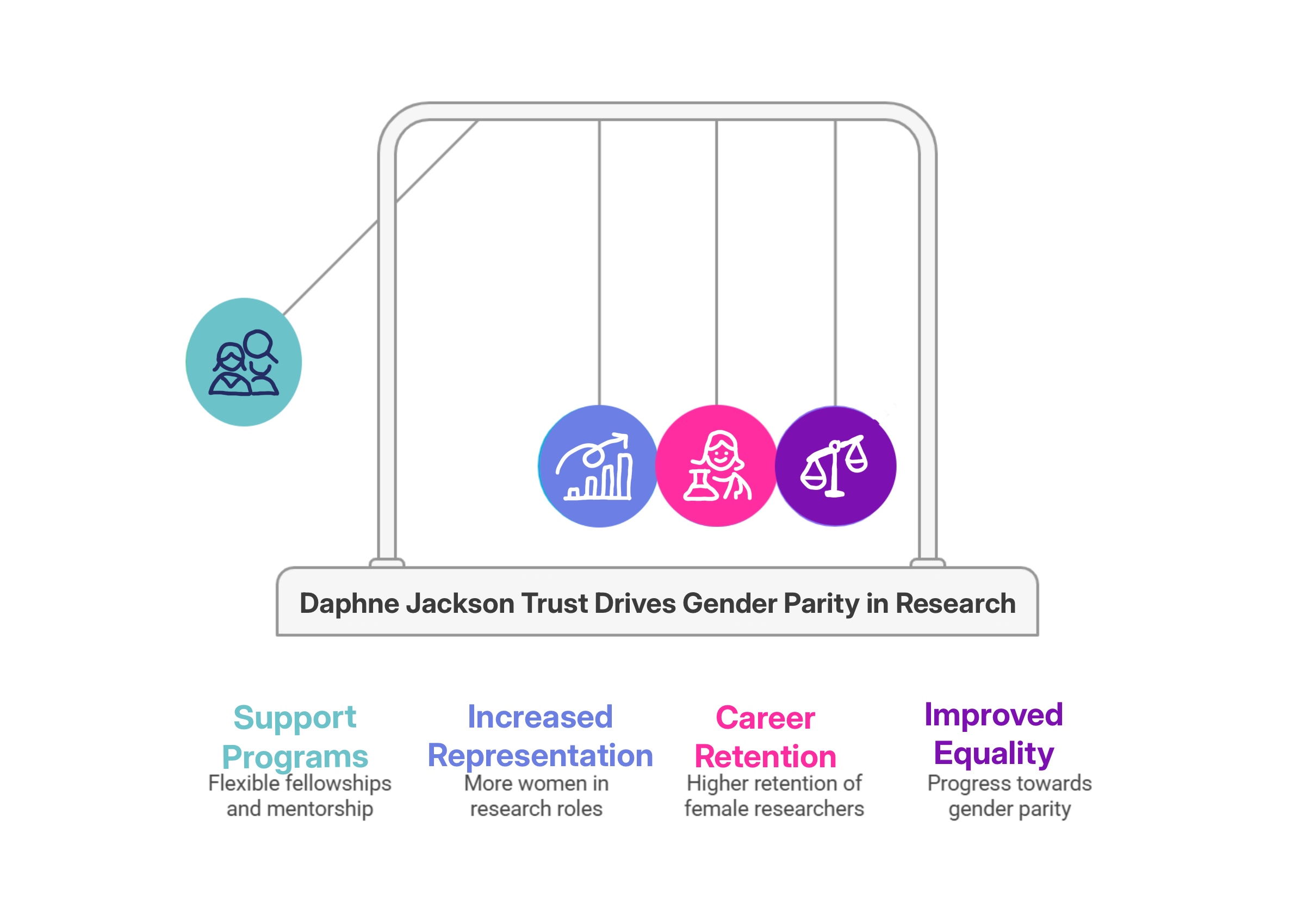How one fellow is conducting ground-breaking research while managing her chronic heath conditions
Many Daphne Jackson Fellows leave research because a health condition makes them too ill to work. Dr Kirsty Tyrrell, a Medical Research Scotland-funded fellow in the Centre for Inflammation Research at the University of Edinburgh managed to return to research while managing her chronic health condition by balancing the needs of her research with those of her life.
After completing her PhD and post-doc, Kirsty fell ill with a mental health condition and decided to take a break from research. When she felt ready to return to medical research after ten years, she found it impossible to come back.
Managing day-to-day life, with my health condition, was very challenging for a long time, and I had to gradually build myself up to being fit to work again. As a result, my confidence was particularly low.”
With the help of the Daphne Jackson Trust, Kirsty returned to research, exploring “The Role of Defensins in Hidradenitis suppurativa.” Her project focuses the role of Defensins – antimicrobial peptides – in managing the rare inflammatory disease.
“I want my work to help improve the lives of people suffering with Hidradenitis suppurativa. It’s such a little-known and difficult to treat condition. Even if I can increase awareness of the disease, that in itself is a big achievement.”
As a fellow, Kirsty has developed new skills, built a network of colleagues and returners, and found a new work-life balance. She’s also faced the difficulties associated with living and working with a chronic condition, reducing her hours when needed to manage work alongside new physical health problems as well as her mental health.
“Just because you’ve started a fellowship, doesn’t mean life stops happening! Problems may come up, either at work or at home. Just manage the best you can with what you’ve got, no-one can ask more of you than that. The Trust is there to support you.”
Have you taken a career break for health reasons? Find out more about how the Daphne Jackson Trust can help you return to research.



